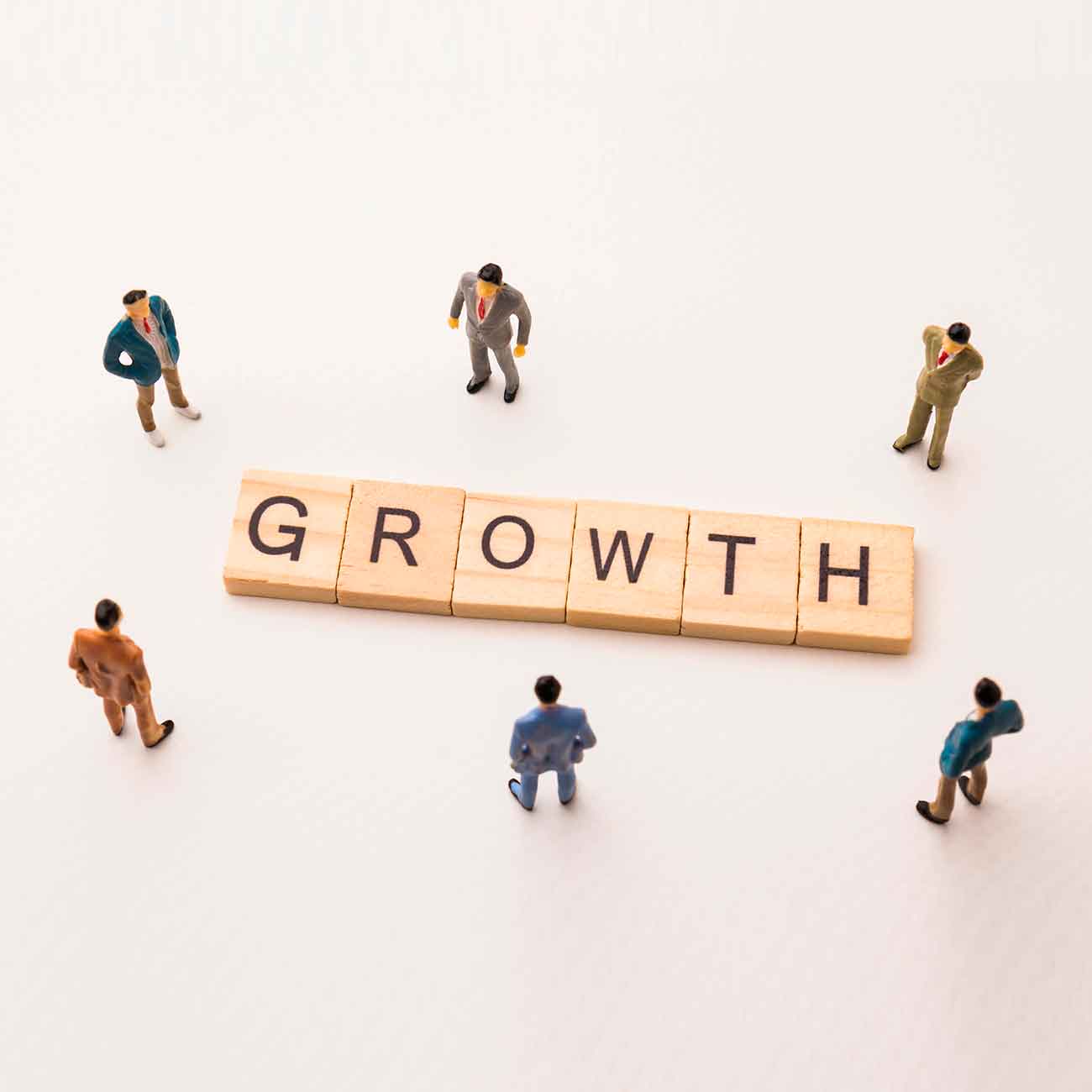When is a good time to change jobs?
It’s a difficult question that a person can only answer for themselves by analysing how they feel deep down. It requires connecting with your dreams and ambitions, and at the same time with reality, in order to achieve them. Connecting with your own skills and ability to improve on them. Connecting with your curiosity and personal inquisitiveness, and not being afraid of this process which, more than likely, will have to be faced various times throughout your professional life.
How to know when it’s time to change jobs
Certain symptoms will indicate that a change of jobs is necessary:
- What we do no longer motivates us or we find it repetitive.
- We are bored, feel disillusioned and grumpy.
- We start feeling envious about other people’s jobs.
- We have reached the top of our scale.
- Circumstances have distanced us from our objectives.
On other occasions, there are changes in the company that can push employees to leave, such as a renewal of policy or in management, business isn’t going as well as it should be, there’s a reduction in hours, or the working environment has become strained…
When you think about the reasons for changing jobs, it should be remembered that job satisfaction doesn’t pay a great salary, it doesn’t mean having an important post or sure success, but rather what you are doing should feel worthwhile to you.
How to leave one job for another
First of all, negative attitudes or rash statements such as “I want to quit my job but I can’t” should be avoided. The fear of changing jobs can be avoided by not thinking about what might happen or imagining terrible scenes, and concentrating instead on what you want to do in the next stage in your working life. We can all change jobs but it should be something we plan for.
The first step in considering how to change involves looking deep down into oneself, in what you want from life, in what you have discovered, what’s good, what you’ve enjoyed, the limits you have surpassed or would like to surpass and in things that arouse your interest. It could even involve trying to turn a hobby or passion into a career opportunity. Additionally, your family and social situation should be assessed in order to get to know the real opportunities in taking a risk, in starting up your own business, planning for a change through your contacts…
It is also necessary to consider whether you wish to continue developing in your original career path or change professions and recycle your skills. In both cases, more than likely, it will be essential to plan a training process that will allow the change to take place.
Time has to be dedicated to plan a change of job; it may be that you shouldn’t give up your old job until you feel ready. A process as important as figuring out why you want to change jobs requires reflection and being responsible for yourself.
Looking towards a new career
To focus on a new job, you have to come out of your enclosed circle which your “work to home and home to work” routine may have become. It’s important to investigate what the current employment market is like. Find out what jobs are in demand, what opportunities there are to set up a business, new types of employment etc. If you’re going to change jobs, it’s worth approaching it as a way of growing personally and professionally.
It’s a good time to speak with a variety of people about their work, go to conferences and conventions, to obtain information and seek guidance, as well as getting to know companies with different ways of working and objectives. Although you may end up discovering that what you want to do could be done in the same company as the one where you already work, and a new job may be generated right there.
An interesting idea is to plan two or three options for change, so you don’t get frustrated if one doesn’t work out and you open up more possibilities of success. At this stage, confidence and being sure of oneself are key factors. Also, prepare thoroughly for it: ensure you have a good CV and cover letter, improve at job interviews… Perseverance and contacts will, in all likelihood, lead to the desired change.
Are you looking to improve professionally? Claire Joster offers you the best professional opportunities!
